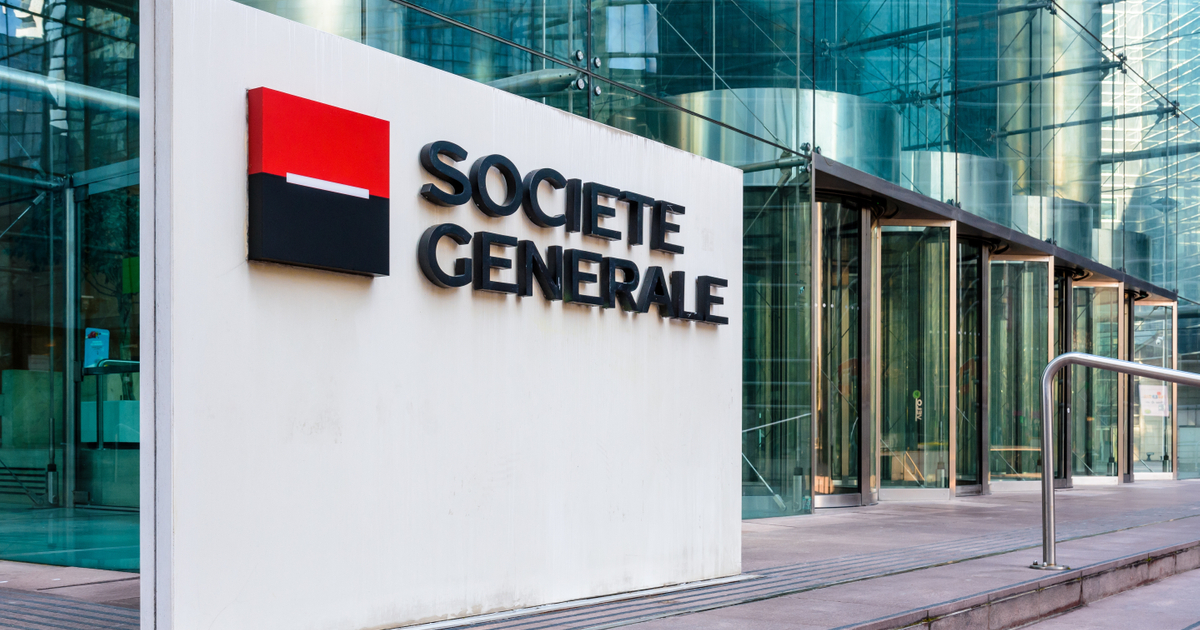Trump heads to the Middle East with oil, trade and nuclear ambitions on the table
Trump's agenda will likely include Israel-Gaza ceasefire talks, oil, trade, investment deals, and potential announcements on chip exports and nuclear energy.

US President Donald Trump (R) and Saudi Deputy Crown Prince Mohammad bin Salman al-Saud take part in a bilateral meeting at a hotel in Riyadh on May 20, 2017.
Mandel Ngan | AFP | Getty Images
DUBAI, United Arab Emirates — U.S. President Donald Trump will touch down in the Persian Gulf region – or as he may soon be calling it, the Arabian Gulf – on May 13, for an official trip with stops in Saudi Arabia, Qatar and the United Arab Emirates.
The stakes are high, as the visits take place amid turbulent geopolitical tensions. On the agenda will be Israel-Gaza war ceasefire talks, oil, trade, investment deals, and the potential for new policy developments in the areas of advanced semiconductor exports and nuclear programs.
"We expect to see a lot of announcements. And I think in a broad spectrum of areas as well," Monica Malik, chief economist at Abu Dhabi Commercial Bank, told CNBC's Dan Murphy on Friday. She noted the potential removal of Trump's 10% tariffs on aluminum and steel, which would be a positive for the Gulf states as some of them export those metals to the U.S., though they make up only a small percentage of the countries' GDPs.
Trump has long enjoyed a warm relationship with Gulf Arab states, in particular the UAE and Saudi Arabia, where his children have several business ventures and planned real estate projects. Those relationships could strengthen the countries' hands when it comes to negotiating new trade deals – while also raising concerns among critics over potential conflicts of interest, accusations the Trump family rejects.

During the president's initial term in office, his first overseas trip was to Saudi Arabia – a country now hosting the negotiations that Trump hopes will end the Russia-Ukraine war, making the kingdom ever more important to Washington. Qatar, meanwhile, has played a central role in negotiations between Israel and Hamas over ceasefires and hostage releases.
Wall Street and AI in the Gulf
The presidential visit is drawing several Wall Street and Silicon Valley titans to the Saudi kingdom. A Saudi-U.S. investment forum announced just this week and set to take place on May 13 in Riyadh will feature guests including BlackRock CEO Larry Fink, Palantir CEO Alex Karp, and CEOs of major firms like Citigroup, IBM, Qualcomm, Alphabet, and Franklin Templeton, among others. White House AI and crypto czar David Sacks will also be in attendance.
"We also expect to see a lot of investment deals being announced," Malik said. "And both ways, we've already seen the UAE announce a number of investments in the U.S. in areas such as AI, energy, aluminum, but we also think that there will be opportunities for U.S. companies to increase investment."
Both Saudi Arabia and the UAE have invested heavily in AI infrastructure with the goal of becoming global hubs for the technology. Therefore, likely top of mind for those leaders is the future of U.S. semiconductor exports, the most advanced of which they so far have not gained access to due to national security concerns. But that may soon be changing.

The Trump administration on Wednesday announced its plan to rescind a Biden era "AI diffusion rule," which imposed strict export controls on advanced AI chips, even to U.S.-friendly nations. The rule will be replaced with "a much simpler rule that unleashes American innovation and ensures American AI dominance," a U.S. Commerce Department spokesperson said Wednesday, though the details of the new rule have not yet been shared.
The UAE's state AI firm G42 has made efforts to align with U.S. regulations, including divesting from Chinese companies and partnering with Microsoft, which last year invested $1.5 billion in G42.
Nuclear ambitions
The Trump administration has been actively engaged in talks with Iran over its nuclear program – talks that the UAE and Saudi Arabia have expressed support for. That enthusiasm marks a stark contrast to those countries' attitudes toward any U.S. deals with Tehran during the Obama years.
At the same time, Saudi Arabia wants its own civilian nuclear program and has asked the U.S. for approvals and assistance in this direction. Any U.S. support for a Saudi nuclear program was previously contingent on Saudi Arabia normalizing diplomatic relations with U.S. ally Israel – but that could change during this visit, according to media reports citing sources with knowledge of the matter.

U.S. Energy Secretary Chris Wright, during a visit to the kingdom in April, said that Saudi Arabia and the U.S. were on a "pathway" to a civil nuclear agreement – but that any further announcements would come from Trump himself.
Israel-Gaza negotiations
Another major topic will be the future of Gaza. Trump has vowed to bring about an end to the war, while also controversially suggesting that the U.S. could take control of the war-ravaged Strip which he described as "important real estate," comments that drew strong rebukes from Arab leaders.
The U.S. has continued to push for ceasefire deals, most recently floating a 21-day cessation of hostilities and release of some hostages, while Israel this week approved expanding fighting and territorial control in Gaza.
"We have yet to hear a comprehensive plan from the Arab world," Greg Branch, founder of UAE-based Branch Global Capital Advisors, told CNBC on Friday while discussing Trump's upcoming visit.
"If we're going to see a response that's going to be Arab-led, it's probably now or never," Branch said. "I think that will be handled very delicately behind the scenes … probably more of a long-term geopolitical risk than any immediate macro risk."
Oil and financing
Branch suggested that lifting U.S. sanctions on Syria under its new government could also potentially be discussed. Meanwhile, reports that the Trump administration will announce a U.S. renaming of the Persian Gulf to the Arabian Gulf would be enthusiastically welcomed by Arab states, but could draw severe anger from Iran at a time of delicate nuclear negotiations with Tehran.
Oil prices will also be in focus; Trump has long pushed OPEC states, led by Saudi Arabia, to pump more oil to lower prices for American consumers. For a combination of reasons, Saudi Arabia is doing precisely that – but it may have to change course in the coming months if prices stay subdued, hurting the kingdom's revenues.

In that vein, financing will be an important agenda item for the kingdom during Trump's visit, according to ADCB's Malik.
Saudi Arabia in November pledged to invest $600 billion in the U.S. over the course of Trump's term — but it also has sky-high costs for its own Vision 2030 investment ambitions. Lower global oil prices and big-ticket public spending projects have brought about widening budget deficits for Riyadh.
"With oil prices where they are, Saudi will look at more financing support from America as well as they look to progress with their investment program," Malik said.

 Koichiko
Koichiko 































